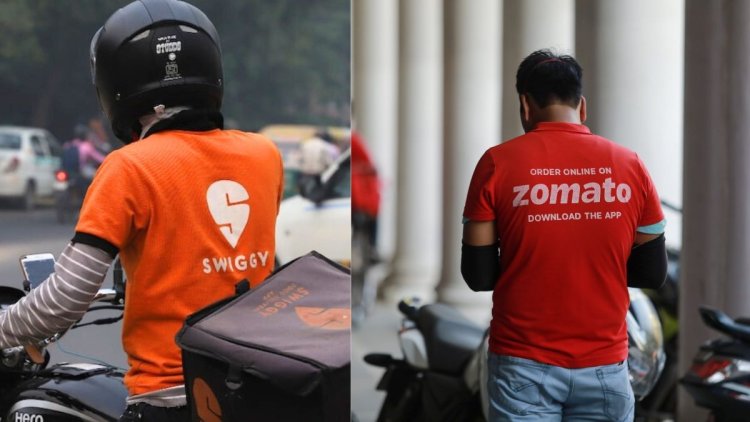Zomato and Swiggy Face Antitrust Probe in India
India's Competition Commission of India (CCI) has found that Zomato and Swiggy engaged in anti-competitive practices, including exclusivity deals and price parity agreements.

India's food delivery giants, Zomato and Swiggy, are facing scrutiny from the Competition Commission of India (CCI) for alleged anti-competitive practices. The CCI's investigation has revealed that the companies engaged in exclusivity deals and price parity agreements, which could stifle competition and harm consumers.
According to the CCI's findings, Zomato offered lower commissions to restaurants that agreed to exclusive deals, while Swiggy guaranteed business growth to certain restaurants in exchange for exclusive listings. These practices limit competition and reduce consumer choice.
Furthermore, both companies enforced price parity agreements, which prevented restaurants from offering lower prices on other platforms. This effectively reduced competition and limited consumer benefits.
The CCI's investigation highlights the potential negative impact of these practices on the food delivery market. By limiting competition, these practices can lead to higher prices, reduced quality, and fewer choices for consumers.
The CCI's findings are a significant development in the ongoing debate about the impact of digital platforms on competition. The final decision by the CCI could have far-reaching implications for the food delivery industry and other digital markets in India.
As the CCI continues its investigation, it is crucial to closely monitor the outcome and its potential impact on consumer welfare and market competition. The case against Zomato and Swiggy underscores the need for robust antitrust enforcement to ensure fair competition and protect consumer interests.

 Deepanjali
Deepanjali 










